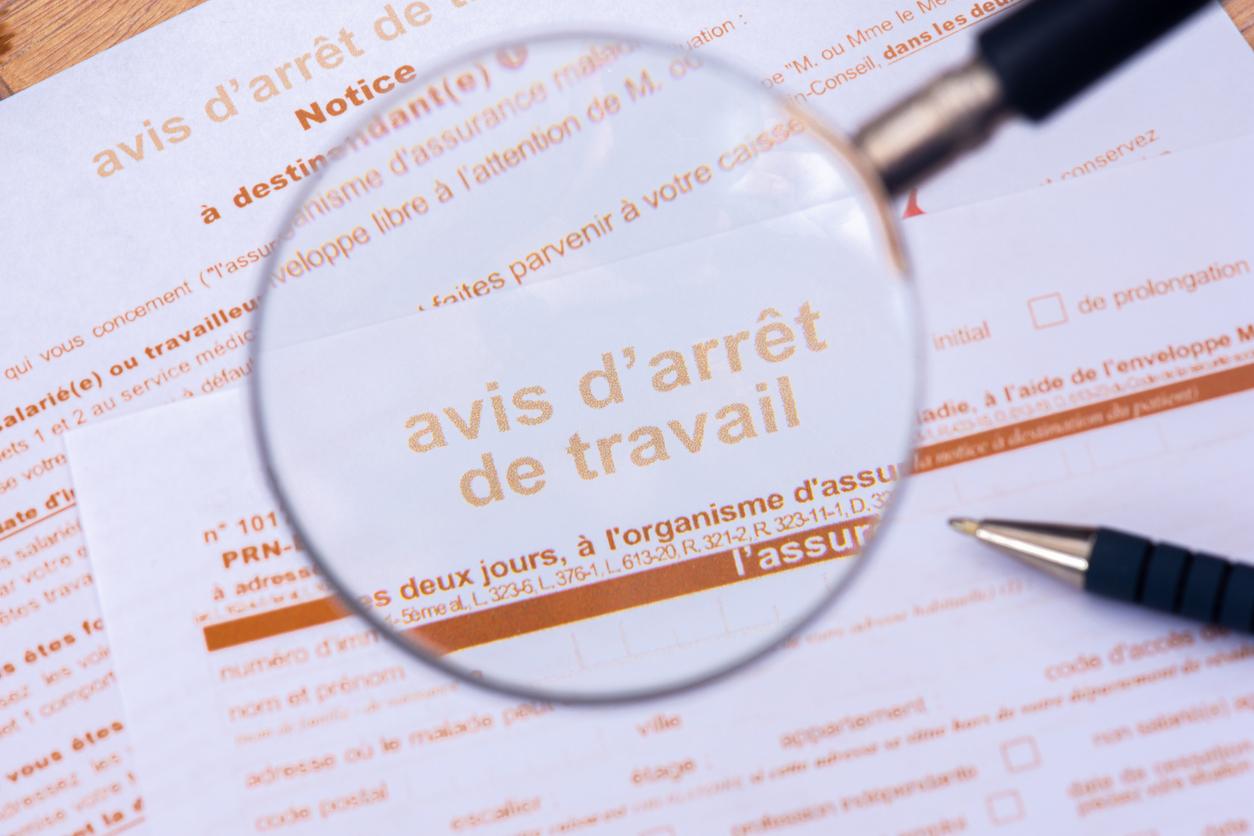
The Government could soon offer a “fuel check” to the most modest employees who have to drive to work. Aid that already exists in certain regions and the terms of which remain to be specified. A reduction in taxes, on the other hand, seems to be out of the question.
The Government is currently considering assistance for motorists, or at least some of them, to cope with rising fuel prices. Rather than a reduction in taxes demanded among others by certain distributors such as E.Leclerc or Super U, the idea of a “fuel check” on the model of the “energy check” seems privileged. Such a device already exists in Castres (Tarn) since 2008, in Hauts-de-France since 2016, and in Bourgogne-Franche-Comté since 2019.
From 20 to 35 euros of monthly aid


The allocation of the “fuel voucher” in the communities mentioned above is subject to several criteria. In Hauts-de-France, it is in particular reserved for employees whose income is less than double the minimum wage (triple for a family), who live at least 20 km from their place of work and who cannot take public transport to get there. The monthly amount of aid is € 20 (€ 15 for temporary workers). In Bourgogne-Franche-Comté, the aid is 30 € per month, 50% of which is paid by the employer. The income not to be exceeded also amounts to twice the amount of the minimum wage, the minimum distance to be covered is 30 km and, to benefit from it, you must once again not have an alternative by public transport. In Castres, monthly aid of € 35 is offered to employees whose home-work journey is at least 7 km and whose income does not exceed € 932.40 net for a single person or € 1,349.31 for two or more people.

TO READ. Fuel at cost price until October 30 at E.Leclerc
The national fuel check is not yet ready
Bruno Le Maire, Minister of the Economy, said at the microphone ofEurope 1 that the assistance currently under consideration would be reserved for households ” who need it most “. Corn “ there is still work to be done », He confessed. Establishing nationally applicable criteria would prove complex. Nevertheless, President Emmanuel Macron and the ministers concerned say they want to put this aid in place quickly. We remember that the movement of yellow vests, in 2019, was precisely born because of very high fuel prices.

But why not lower taxes, which is simpler in theory? ” One cent drop (tax) per liter of fuel is half a billion euros “Less in the state coffers, responds Bruno Le Maire. Before adding that it would be ” a subsidy for fossil fuels, precisely those we want to get rid of “. The State is in fact advocating a ban on the sale of thermal vehicles by 2040 at the latest, which would amount to depriving itself of a good part of all these taxes which are so necessary today. In the longer term, it will therefore be necessary to find alternative income. While the Government has just capped the increase in the price of electricity for the beginning of 2022, a much lower tax rate than currently on electric vehicles in the years to come is therefore not to be ruled out at all.
Via Europe 1, France Info, LCI














